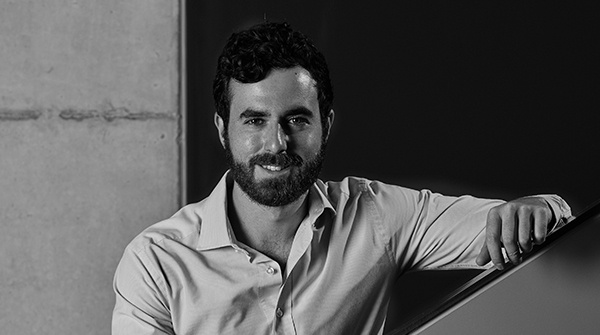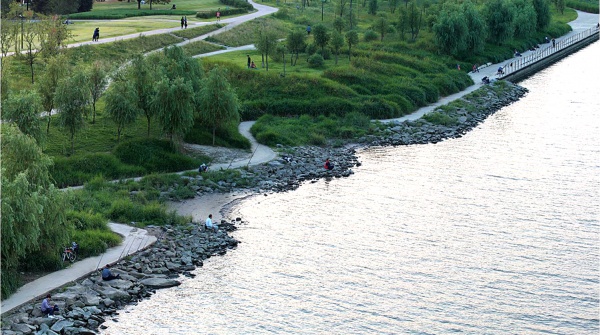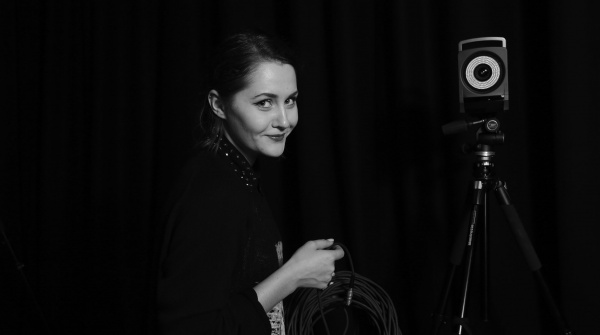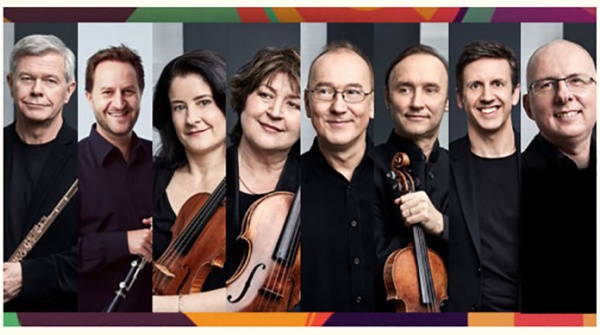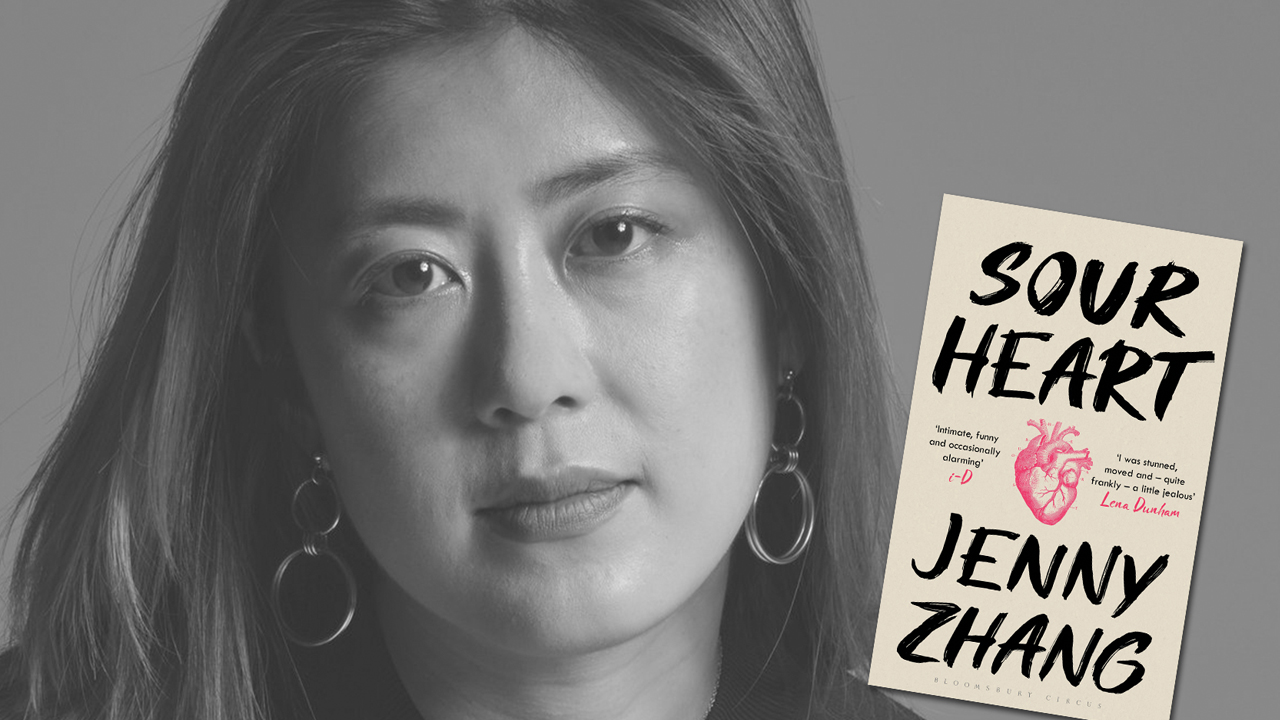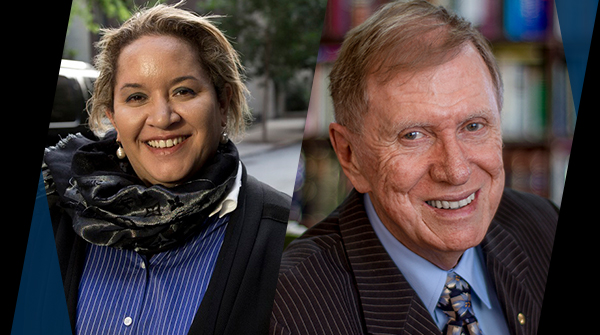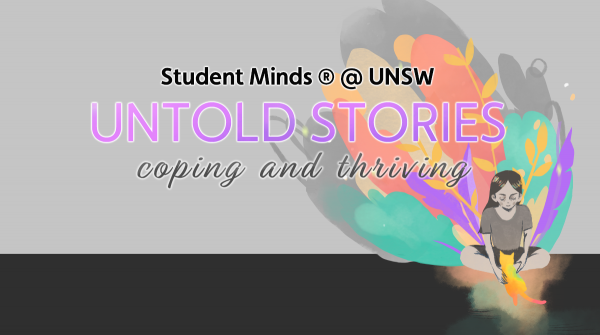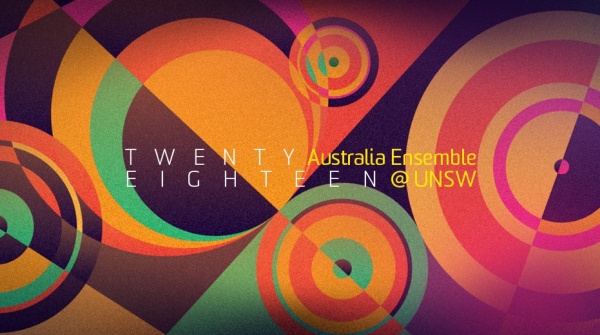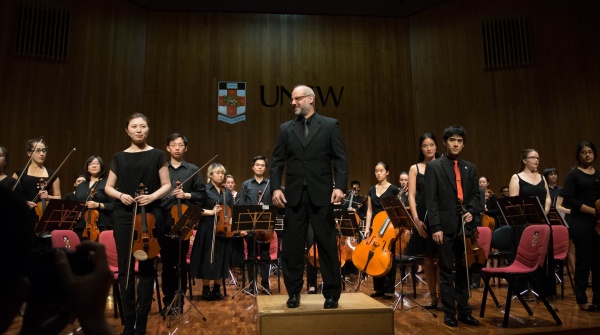Join us for the UNSW Law and Business Postgraduate Info Session.
Hear from guest speakers and talk to academics and current students about our degree and course options.
Location: The Westin Sydney Venue Map
Please join us for the second Utzon lecture for 2018 as we explore key UNSW Grand Challenges affecting our cities and built environment.
Our guest Jungyoon Kim, Founding Principal of PARKKIM will present on the topic "Alternative Nature".
Join us on campus for the UNSW Art & Design Postgraduate Info Session.
Hear from guest speakers and talk to academics and current students about our degree and course options.
Location: UNSW Galleries, UNSW Art & Design Venue Map
Bask in the beautiful sounds of one of the country’s leading chamber ensembles, as the Australia Ensemble present a free lunch hour concert.
Robert SCHUMANN | Fairy Tales' selection
Claude DEBUSSY | Epigraphs Antiques
Maurice RAVEL | Ma Mère l'Oye
Anton WEBERN | Langsamer Satz
Location: John Niland Scientia Building, UNSW (Building G19) Venue Map
Join us at UNSW for a conversation with New York based poet, writer and performer Jenny Zhang. Zhang’s recent short story collection Sour Hearts, explores an immigrant Chinese American community through the eyes of a series of young girls.
A dialogue between two extraordinary human rights defenders on holding a United Nations Human Rights Mandate.
Since the foundation of the UN in 1945, human rights leaders have worked with the United Nations throughout the world ‘to reaffirm faith in fundamental human rights, in the dignity and worth of the human person, in the equal rights of men and women and of nations large and small’
Explore this year's theme of 'Coping and Thriving' with guest speakers:
- Adam Schwartz
- Dr Rebecca Reynolds
- Jamie Watson
- Julia Busquets
More information
Location: Hugh Dixon Room, AGSM UNSW (Building G27) Venue Map
Getting students to attend large-group teaching sessions and keeping them engaged throughout is a particular challenge. To achieve these goals for introductory Pathology courses for Medical Science and Exercise Physiology students (PATH2201/2202), we introduced a blended approach to learning, with overview lectures supported by online modules. We also developed large-group feedback/integration sessions which featured in-class questions to which students could respond using mobile devices.
Sophistication is the hallmark of all French musical cuisine, encompassing a vivid spectrum of intellect, curiosity, wit, and sensuality.
Pierre BOULEZ | Dérive (1984)
Claude DEBUSSY | Sonata for flute, viola and harp (1915)
Jean FRANÇAIX | Clarinet Quintet (1977)
Gabriel FAURÉ | Piano Quartet no. 2 Op. 45 (1886)
Guest artists: Alice Giles, harp and Joshua Hill, percussion.
Some vibrant musical delights from the UNSW Orchestra under the baton of founding conductor Colin Piper returning as a guest, and the UNSW Wind Symphony led by new director Dr Paul Vickers.
UNSW Orchestra
